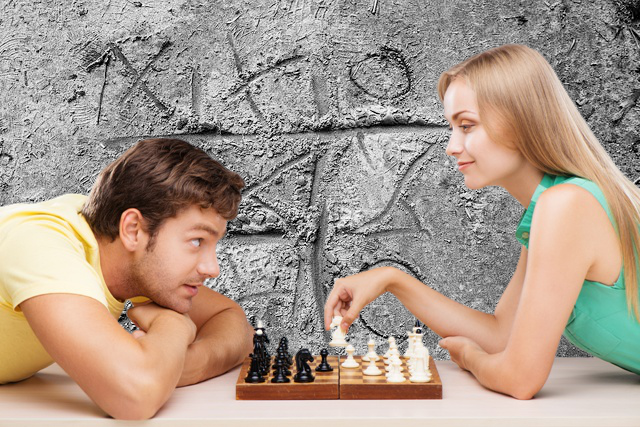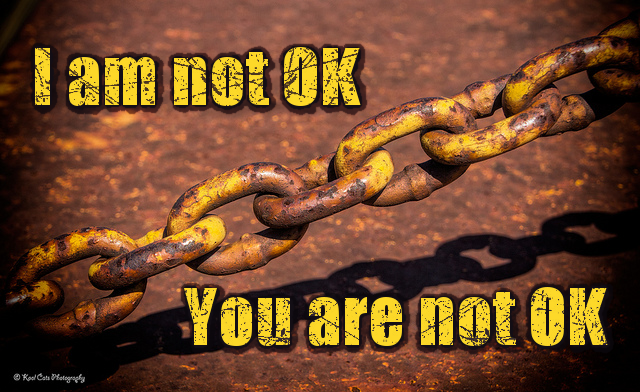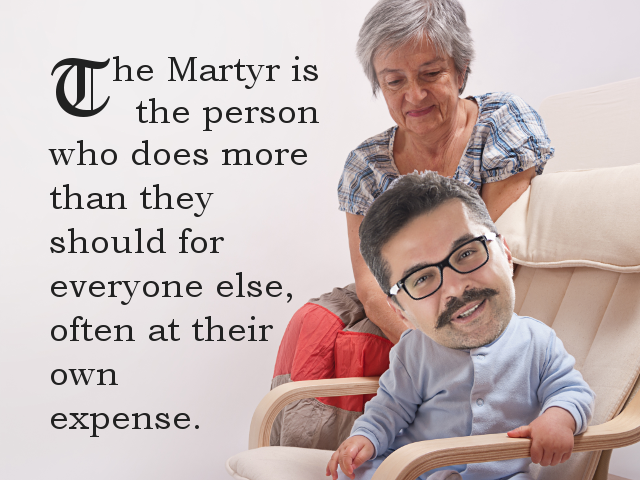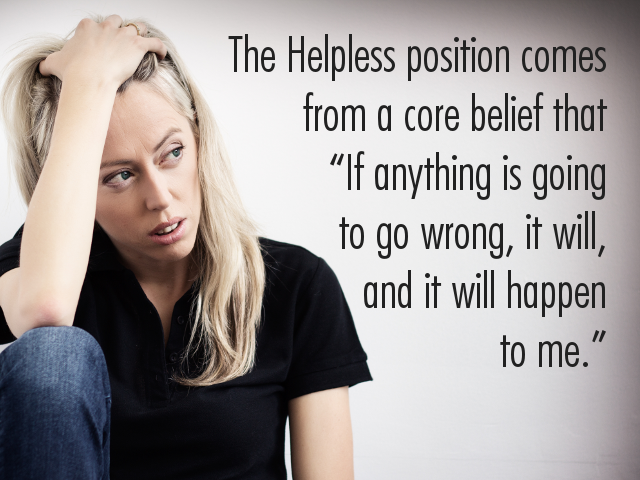 In the previous article I talked about a very delicate and manipulative game we grown-ups play sometimes. The game is ‘Why Don’t You…?’ and ‘Yes, but…’ Some people have played so much; they don’t even realize that they are playing it.
In the previous article I talked about a very delicate and manipulative game we grown-ups play sometimes. The game is ‘Why Don’t You…?’ and ‘Yes, but…’ Some people have played so much; they don’t even realize that they are playing it.
Why though? Common reasons for the games people play
In the previous article I mentioned just two of the reasons for the games people play. Here are some other reasons:
- The “brownie points” revenge. Brownie points in the real world are collected and cashed in for something valuable, but in this context they are being collected to cash in for a damaging such as a negative feeling or outcome for the game partner. The underlying belief is that either someone owes someone else something or that someone needs to do something for someone else...

















